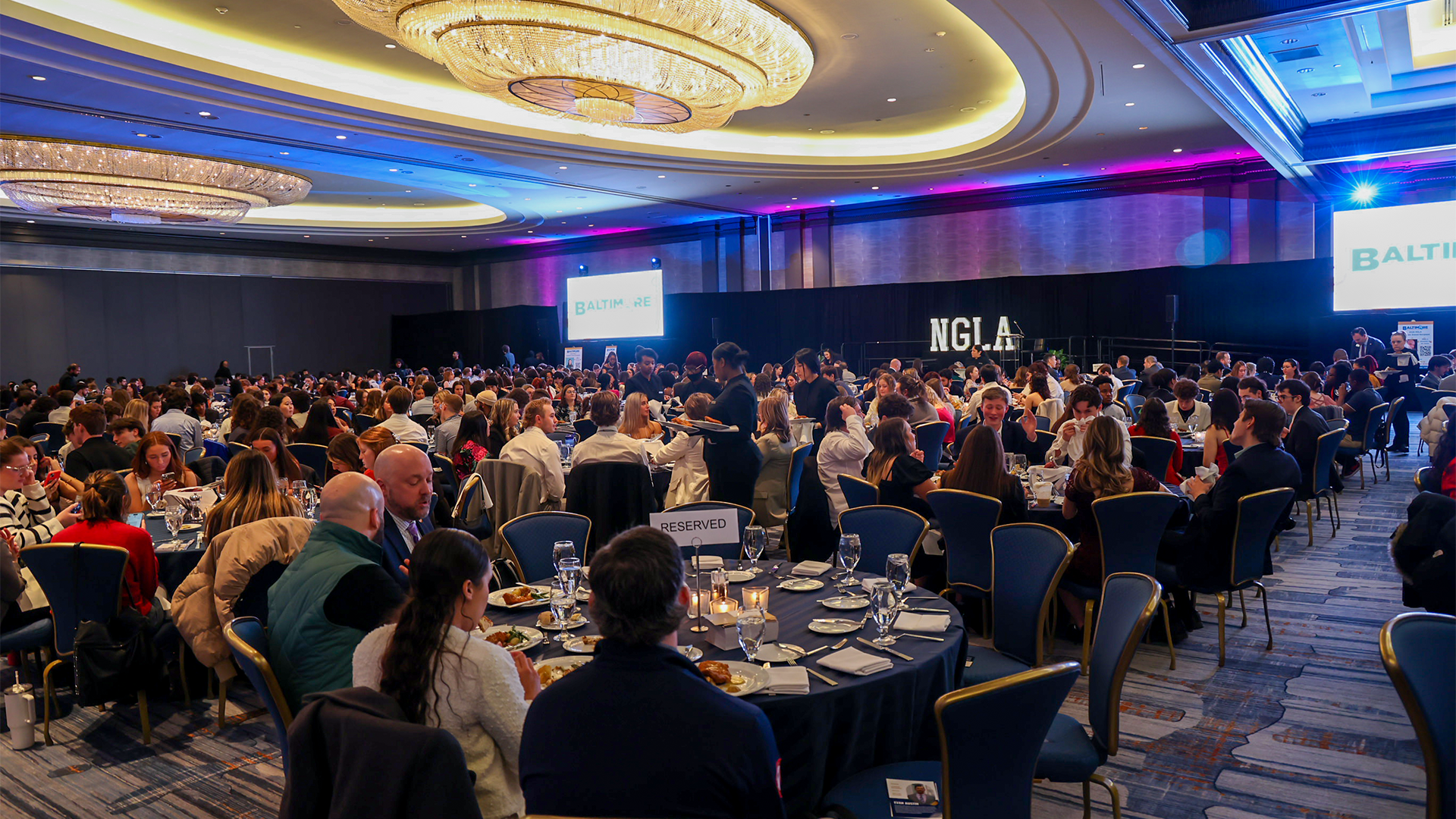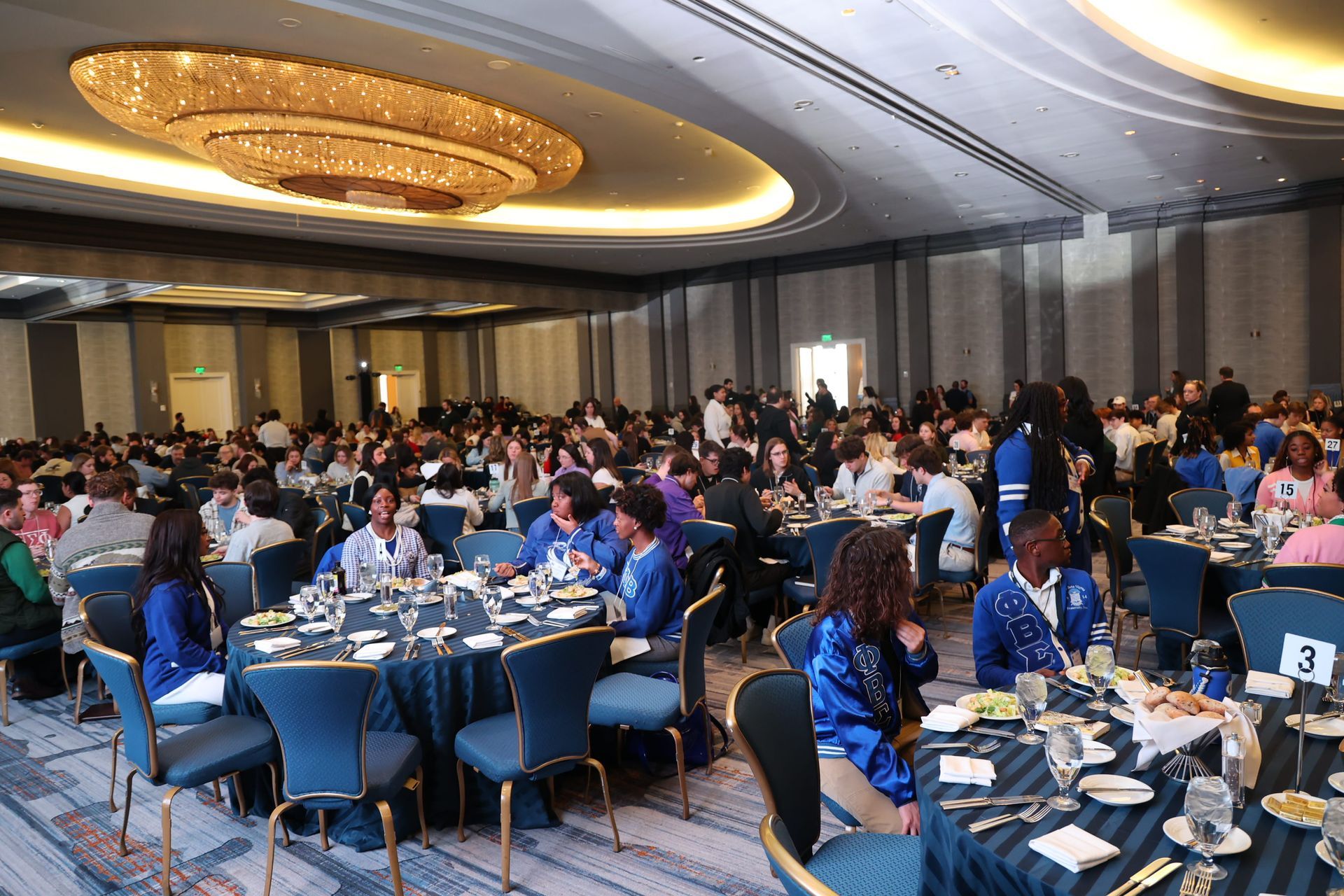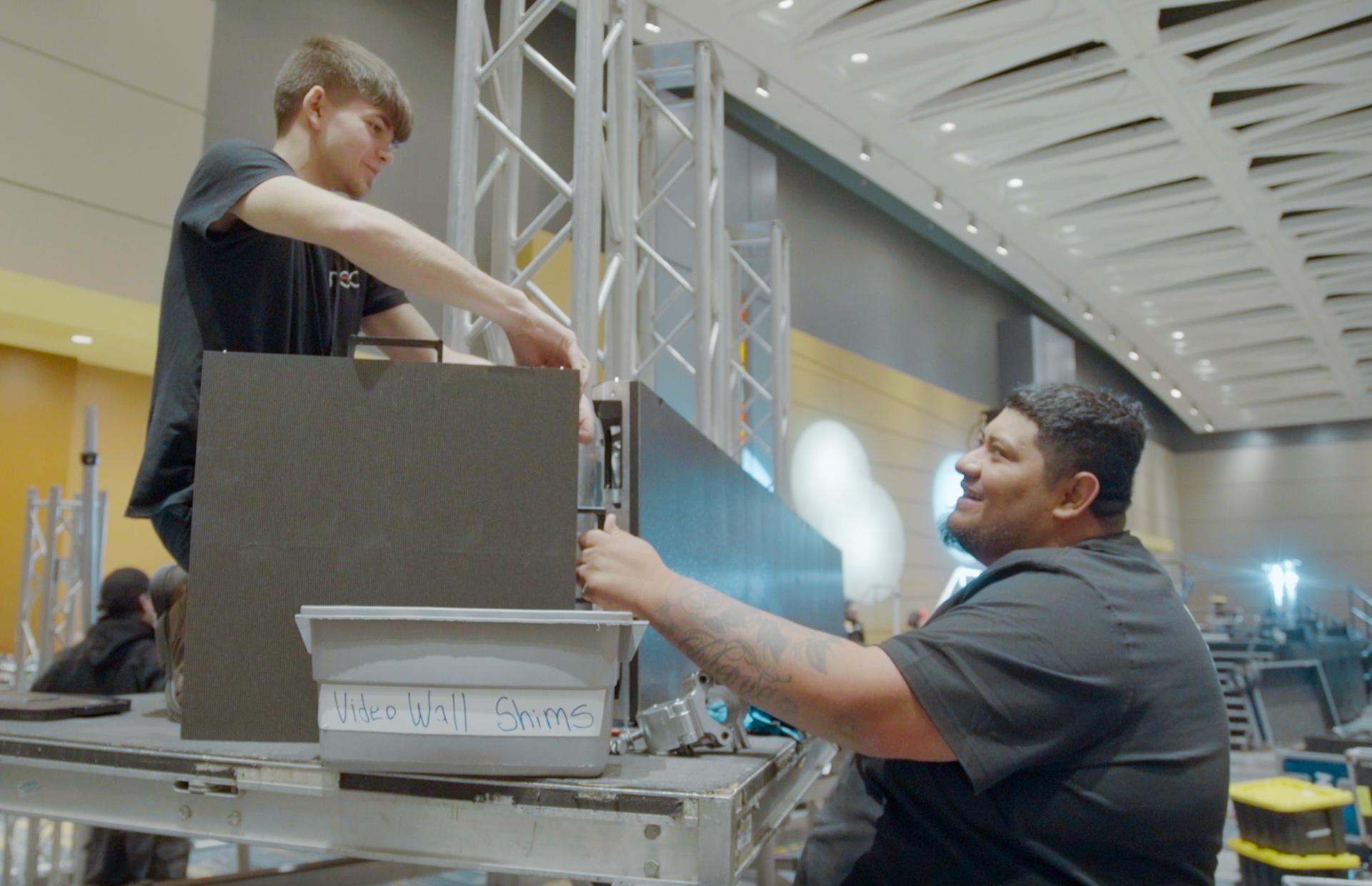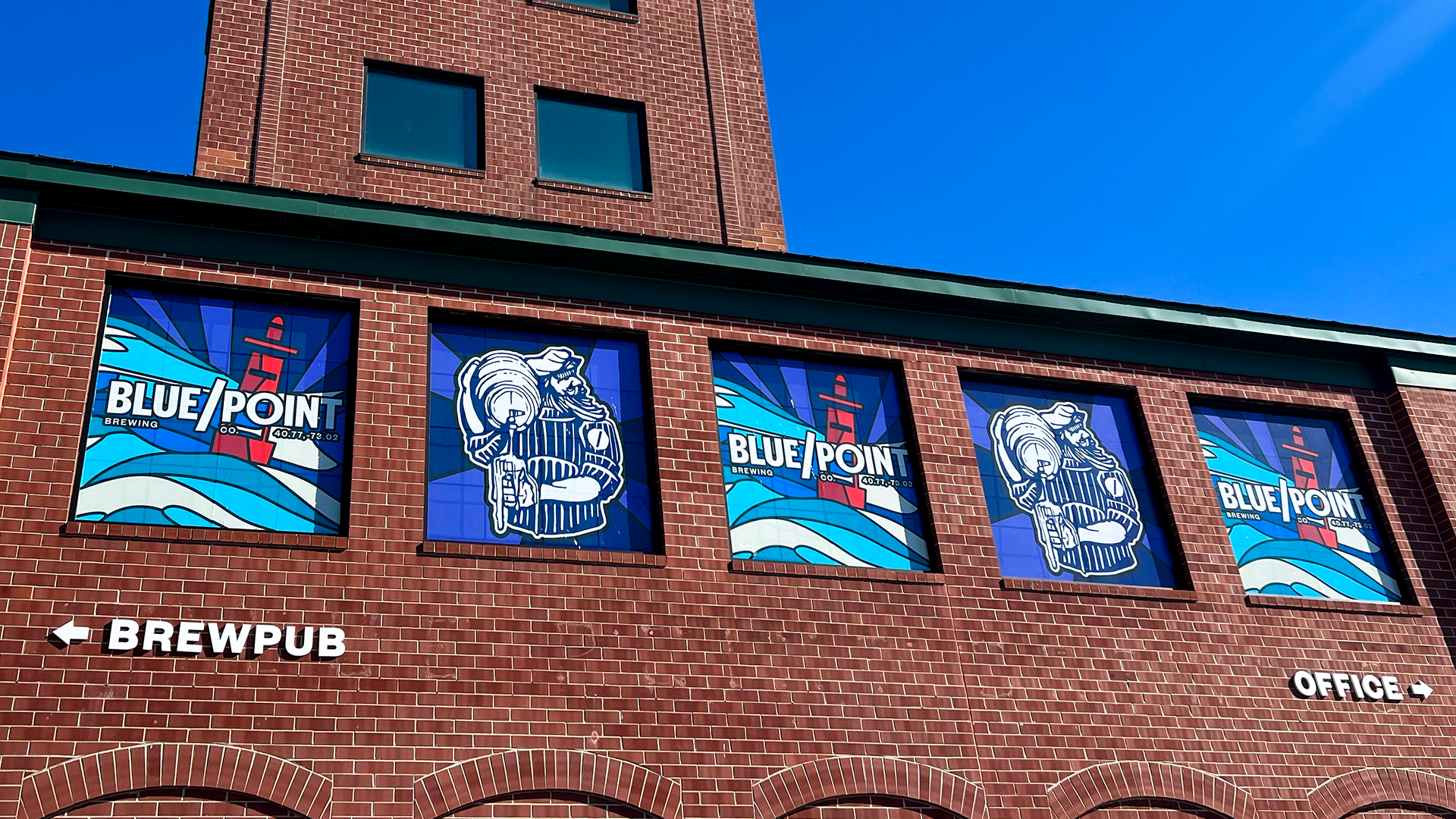Event Management Tips: Adding CSR to Your Corporate Events
Introducing CSR To Events
Incorporating Company Social Responsibility (CSR) into your corporate events is not just a trend; it's a strategic approach that adds value for both your company and the community. As event planners, understanding the significance of CSR can elevate your event's purpose and leave a positive impact. CSR initiatives can range from environmental sustainability practices to charitable activities and community engagement efforts. These elements not only enhance your company's reputation but also foster a sense of unity and shared purpose among attendees.
By integrating CSR into your event planning, you create opportunities for meaningful interactions and experiences. Whether it’s organizing a charity drive, setting up recycling stations, or collaborating with local organizations, these activities resonate with participants and demonstrate your company’s commitment to social and environmental responsibility. Additionally, incorporating CSR elements can differentiate your events, making them more memorable and engaging.
As experts in event management, our role is to seamlessly blend these initiatives into the event’s fabric, ensuring they align with both the company's goals and the interests of the attendees. The result is an event that not only achieves its business objectives but also contributes positively to society.
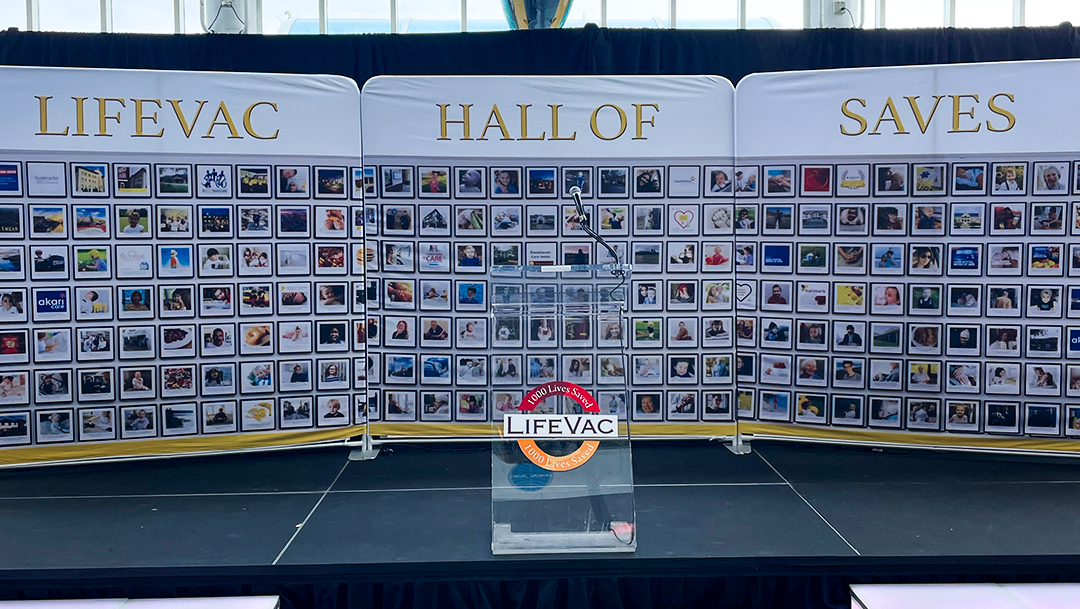
Understanding Your Audience and Goals
Understanding your audience and defining your goals are crucial steps in successfully incorporating CSR into your event. Begin by identifying the key demographics of your attendees and what issues resonate with them. Are they environmentally conscious, community-focused, or keen on charitable initiatives? Gathering this information will guide you in selecting CSR activities that will engage and inspire your participants.
Next, align your CSR efforts with your company’s core values and business objectives. For instance, if your company prioritizes sustainability, consider integrating eco-friendly practices throughout the event. If your organization is community-oriented, collaborate with local charities or social enterprises. By aligning your CSR initiatives with both your audience's interests and your company’s mission, you ensure a cohesive and meaningful experience.
Additionally, setting clear, measurable goals for your CSR activities is essential. Whether it’s the amount of money raised for charity, the number of volunteer hours contributed, or the reduction in waste produced during the event, having concrete objectives helps in tracking progress and evaluating success. Engaging stakeholders in this planning phase can also provide valuable insights and foster a sense of collective ownership over the CSR initiatives.
Selecting CSR Initiatives
Selecting the right CSR initiatives for your event involves a thoughtful approach that considers both the company’s values and the interests of your attendees. Start by conducting a needs assessment to identify pressing social or environmental issues that align with your company’s mission. This could involve surveys, focus groups, or consultations with key stakeholders to gather diverse perspectives. Once you have a clear understanding, prioritize initiatives that offer tangible benefits and can be seamlessly integrated into your event.
For example, if environmental sustainability is a priority, consider organizing activities like tree planting, beach clean-ups, or partnerships with eco-friendly vendors. If social impact is more aligned with your goals, you could host a charity auction, set up a volunteer station, or collaborate with local non-profits. The key is to choose initiatives that resonate with your audience while also advancing your company’s CSR objectives.
Budget and resources are also critical factors to consider. Ensure that your chosen initiatives are feasible within your event’s scope and that you have the necessary support to execute them effectively. Engaging employees and attendees in the planning process can also enhance buy-in and ensure the success of your CSR activities.
Incorporating CSR into Event Planning
Integrating CSR into your event planning requires a strategic approach to ensure these initiatives are woven seamlessly into the event's structure. Begin by mapping out your event timeline and identifying key moments where CSR activities can be highlighted. This could include opening remarks that underscore the importance of CSR, interactive sessions dedicated to social responsibility, or breaks designed for hands-on activities like assembling care packages or participating in a charity run. Collaborate with suppliers and vendors to incorporate sustainable practices, such as using recyclable materials, reducing waste, and opting for locally-sourced catering. Additionally, leverage event technology to manage and promote your CSR activities. Mobile apps can guide attendees to CSR stations, facilitate donations, and provide real-time updates on the impact being made. Engaging your team early on and assigning specific roles for CSR tasks ensures smooth execution and accountability. Regularly communicate the significance and goals of these initiatives to your attendees through email campaigns, social media, and on-site signage. By weaving CSR seamlessly into your event, you not only reinforce your company's commitment to social responsibility but also create a more enriching experience for your attendees.
Engaging Attendees with CSR Activities
Engaging attendees with CSR activities is a key strategy for fostering participation and making a lasting impact. Start by incorporating interactive elements that allow attendees to be hands-on and feel directly involved. This could be setting up a volunteer station where attendees can spend some time packing meals for the underprivileged or a digital pledge wall where they commit to sustainable practices.
Creating opportunities for storytelling can also amplify engagement. For instance, invite representatives from partnering non-profits to share stories that highlight the impact of the CSR initiatives. Personal connections and real-world examples can make the cause more relatable and inspiring for attendees.
Lastly, recognize and reward participation. Consider implementing a reward system where attendees receive tokens or badges for their contributions, which can be redeemed for event-related perks or even donated to further support the CSR cause. This approach not only incentivizes involvement but also adds a gamified element that can make the experience more enjoyable.
Measuring the Impact
Measuring the impact of your CSR initiatives is crucial for evaluating their effectiveness and informing future planning. Start by establishing key performance indicators (KPIs) aligned with your CSR goals. These might include metrics such as the amount of money raised, the number of volunteer hours logged, or the volume of waste reduced. Use surveys and feedback forms to gather qualitative data from attendees, capturing their perceptions of the CSR activities and their personal takeaways. Leveraging technology, such as mobile apps and digital platforms, can streamline data collection and provide real-time analytics on engagement levels and participation rates. Partner with the non-profits or organizations involved to obtain detailed reports on the direct outcomes of your collaboration, like the number of beneficiaries supported or environmental impact achieved. Share these insights with stakeholders to demonstrate the tangible benefits of the CSR efforts and to build a case for continued or expanded initiatives. Keeping detailed records not only helps in evaluating success but also provides valuable learnings for refining your approach in future events. Engaging in post-event debriefs with your planning team can further identify strengths and areas for improvement, ensuring your CSR activities continue to evolve and deliver meaningful impact.
Enjoyed this article? Discover more on our Event Production Blog.
Contact Details
1507 Smithtown Ave #1, Bohemia, NY 11716, United States
NYC Office
Links
